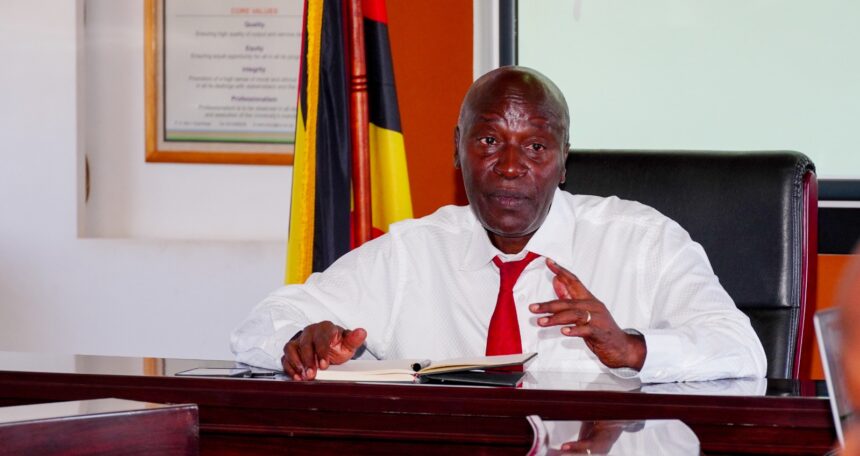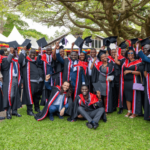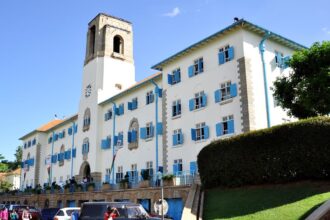Professor Eli Katunguka, Vice Chancellor of Kyambogo University, has allayed fears of dissension among students over a recent tuition increment, seen as a great response to a letter from that institution’s Guild President. H.E. Mwebesa Reagan expressed his great dissatisfaction with the tuition increment and related it to the lack of student consultations.
A memo by Professor Katunguka dated July 25, 2024, sheds more light on the university’s decision-making process for the reviews in fees. The Vice Chancellor has explained that the increase was part of a larger review aimed at refreshing and expanding the academic programs at the university.
According to Professor Katunguka, the faculties and schools did the proposal as a way of reviewing the curriculum. Proposals, according to him, were hugely aired at the University Council meeting on 27th April, 2023. He added that tuition changes were “moderate” in nature and only a few faculties were affected, including the School of Management and Entrepreneurship and the Built Environment.
The Vice Chancellor has, however, clarified that the new structure will only affect incoming first year students starting from the 2024/2025 Academic year. Fees for continuing students remain the same, pegged at their current tuition fees. This move is supposed to reduce the impacts on students already enrolled at the university.
He reassured the students that the decision-making process was transparent and student representatives, including the Guild President, were involved. He urged the student leaders to continue discussing with the university management any issue remaining and try to find solutions that would be supportive of the welfare of the student community.
In a nutshell, Professor Katunguka cemented his assurance of ensuring that the university learning environment remains peaceful and stable. The main emphasis, he added, is on undisturbed teaching and learning.
The Vice Chancellor’s statement speaks to the continuous balancing acts that Kyambogo University is increasingly making between financial sustainability and student welfare, with an aim of fostering open dialogue between the administration and the student body.













